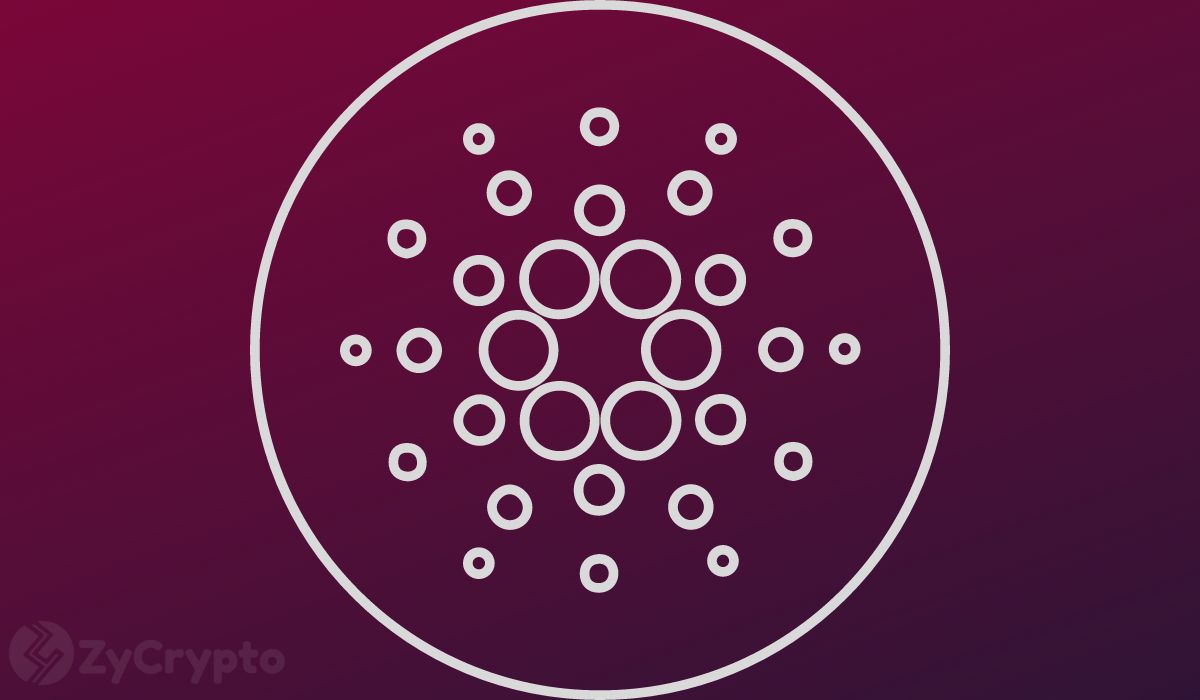The Cardano network has achieved a major feat by hosting its first legally enforceable smart contract signed in Argentina and under the jurisdiction of its courts.
Input Output Global chief technology officer Romain Pellerin highlighted this historic feat in a recent post on X, stating: “Cardano paves the way of legally enforceable smart contracts in Argentina.”
Cardano Runs First Smart Contract Legally Enforceable In Argentina
Cardano ambassador Mauro Andreoli recently announced to the Cardano community the signing of the first legally and judicially enforceable contract on the Cardano network, over which Argentina’s courts have jurisdiction.
The contract is a loan agreement between Andreoli and Lucas Macchia for 10,000 Cardano (ADA) tokens — valued at around $3,380 — with four-month repayment at a 10% interest rate.
The pair also signed a legal document outlining important details of the smart contract loan, including the blockchain and wallet used and the Transaction ID.
Andreoli posited in an Oct. 8 X post that this marks the first time an Argentine court can implement full payment in the ADA cryptocurrency from a Cardano smart contract:
“We did it, we have just signed the first legally and judicially enforceable contract on the Cardano network, in full compliance with the laws of the Argentine Republic.”
Andreoli further noted that the milestone could encourage Argentine courts to recognize smart contracts more widely as a technology for streamlining commercial transactions.
“Legally, this establishes evidence and streamlines procedural steps, marking the initial phase of creating favorable jurisprudence in the country and facilitating commercial transactions.”
“Cardano Is Thriving And Growing”: Hoskinson Addresses Critics In Bold Response
Cardano creator Charles Hoskinson has reiterated his conviction in the Cardano blockchain amid negative sentiment escalation.
“Cardano isn’t dying. It’s thriving and growing. It’s also one of the last cryptocurrencies that still wants to be a real cryptocurrency and not the patron of Blackrock and Wall Street for number go up preferences,” Hoskinson wrote.
In a long post on X, Hoskinson suggested the reason negative sentiment around Cardano has increased recently is not about Cardano “somehow failing” but “rather the desired result of Voltaire.” The Cardano network transitioned to the Age of Voltaire on Sept. 1.
He explained the reason for this: “There have been years of pent-up grievances, unexplored road map items, unfunded growth strategies, and needed partnerships that haven’t been addressed due to Cardano’s governance not scaling to meet the needs of the ecosystem.”




